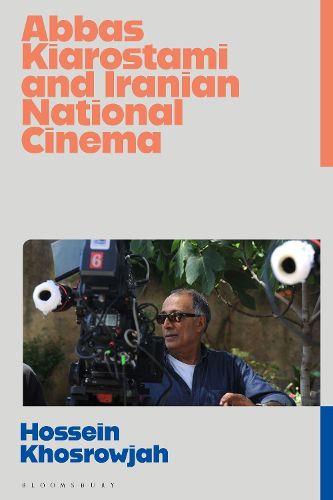Readings Newsletter
Become a Readings Member to make your shopping experience even easier.
Sign in or sign up for free!
You’re not far away from qualifying for FREE standard shipping within Australia
You’ve qualified for FREE standard shipping within Australia
The cart is loading…






The films of Abbas Kiarostami confront the questions of cinematic representation, identity, and the relationship between cinema and everyday life in eloquent and imaginative ways. Through a close examination of Kiarostami’s formal and narrative strategies in his films, notably Taste of Cherry, The Wind Will Carry Us, Close-Up and Ten, this innovative book works against the grain of auteurist readings of Kiarostami’s films to explore global circulation and the controversy over censorship’s role in the cinema. It grounds his films firmly within the historical context of Iranian national cinema, revealing the ways in which the reception of films across multiple sites can contribute to how national narratives are articulated locally and globally. It traces Iranian national cinema’s self-reflexive narration of its own history and how, in the process, it positions itself as a major player in the construction of national consciousness.
$9.00 standard shipping within Australia
FREE standard shipping within Australia for orders over $100.00
Express & International shipping calculated at checkout
The films of Abbas Kiarostami confront the questions of cinematic representation, identity, and the relationship between cinema and everyday life in eloquent and imaginative ways. Through a close examination of Kiarostami’s formal and narrative strategies in his films, notably Taste of Cherry, The Wind Will Carry Us, Close-Up and Ten, this innovative book works against the grain of auteurist readings of Kiarostami’s films to explore global circulation and the controversy over censorship’s role in the cinema. It grounds his films firmly within the historical context of Iranian national cinema, revealing the ways in which the reception of films across multiple sites can contribute to how national narratives are articulated locally and globally. It traces Iranian national cinema’s self-reflexive narration of its own history and how, in the process, it positions itself as a major player in the construction of national consciousness.